PHD PROGRAM IN BEHAVIORAL NEUROSCIENCE
The main objective is the training of scholars in the neuroscience field with specific methodological skills, but with an interdisciplinary theoretical perspective. The doctorate is divided into 4 curricula that allow the acquisition of specific theoretical-methodological skills, and a series of inter-curricular activities that promote interdisciplinarity. the Psychobiology and Psychopharmacology curriculum trains experienced researchers in the various fields of psychobiology and psychopharmacology. The theoretical-experimental program focuses on the biological basis of behavior, the relationships between nervous structures and mental functions and the use of drugs active on the CNS to investigate the function of specific neural structures or nuclei. Particular attention is paid to the methodological system for the study of normal and pathological behavior using animal models (rodents). The Behavioral Neurophysiology curriculum trains scholars in the field of behavioral sciences, with particular attention to cognitive-motor functions and the study of higher nervous functions. The courses and activities are aimed at providing: 1. applicative knowledge of the investigation methods typical of neurophysiology, such as recordings of nervous activity from non-human primates during the execution of cognitive tasks; 2. multiscale analysis of neural processes in decision-making tasks; 3. study of the space-time organization of efferent-cortical systems and of the significance of this organization on the dynamics of the cerebral cortex; 4. characterization of the dynamic properties of parietal and frontal efferent neurons in non-human primates. The Cognitive Neuroscience curriculum trains experienced researchers in the development of cognitive models and in the study of their functioning and functional components, through the acquisition of experimental skills and the use of psychophysical and psychophysiological techniques. The program involves the use of a wide range of experimental paradigms and research tools designed to investigate 1) the complexity of human behavior in its cognitive and affective-emotional aspects; 2) the evolution of cognitive functions over the life span; 3) the development of experimental and clinical-diagnostic cognitive investigation tools and intervention programs for cognitive enhancement. The Neuropsychology curriculum trains scholars of behavior-brain relationships in humans, using experimental and clinical methods and focuses on: 1. Providing methodological training on the planning and design of experimental and clinical research; 2. Acquire the skills necessary for the use of behavioral, neuropsychological, psychophysiological and neuroimaging techniques necessary for the study of human cognitive activity and the underlying brain mechanisms; 3. An in-depth analysis of recent neurocognitive and neuropsychological models of cognitive functions.
Giorno: 8/9/2022 Ora: 09:30 Aula: aula 7 Indirizzo: via dei marsi, 78
Giorno: 14/9/2022 Ora: 09:30 Aula: sala riunioni Dipartimento di Psicologia Indirizzo: via dei Marsi, 78
Giorno: 5/9/2022
a) NEUROFISIOLOGIA DEL COMPORTAMENTO b) PSICOBIOLOGIA E PSICOFARMACOLOGIA c) NEUROPSICOLOGIA d) NEUROSCIENZE COGNITIVE
Cecilia GUARIGLIA (cecilia.guariglia@uniroma1.it)


